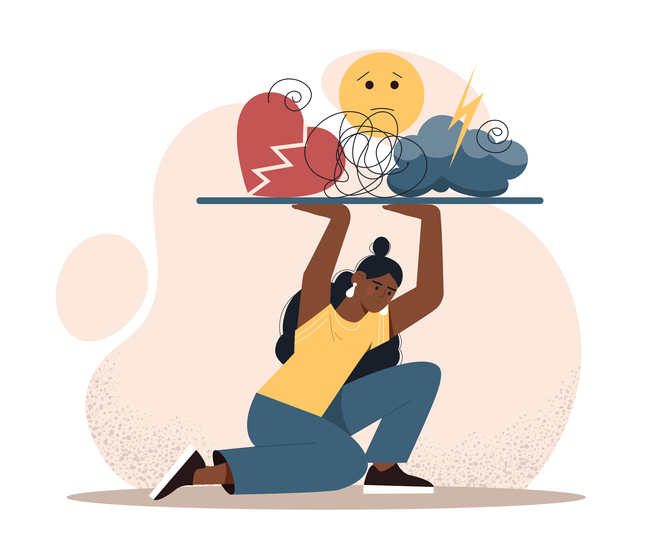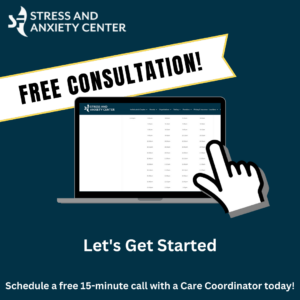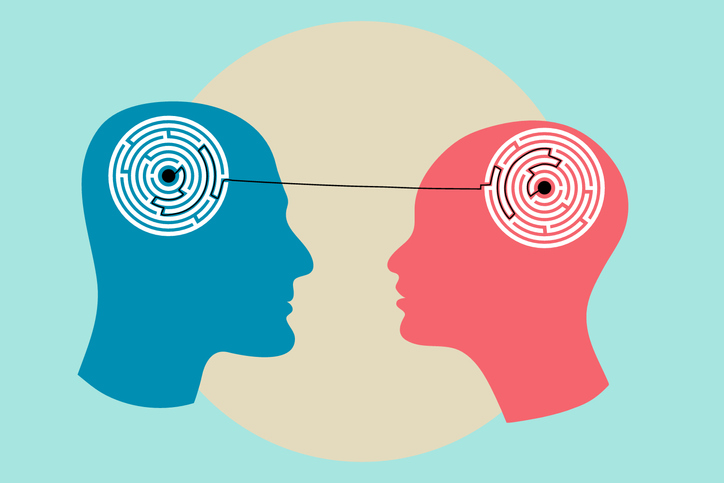Choosing the right financial path for therapy can be as crucial as finding the right therapist. At SF Stress & Anxiety Center, we understand the complexities involved in making these decisions. This blog post aims to demystify the financing options available to you: out of network, private pay, and out of pocket, ensuring you can make an informed choice about your mental health care.
Understanding Your Financing Options
Out of Network Therapy
“Out of network” refers to therapists or mental health services not covered under your health insurance plan’s network. While opting for out of network services may initially seem costlier due to higher network costs and the absence of insurance benefits, it can sometimes offer a broader selection of therapists, specialized care, and more flexible appointment times.
Benefits of Out of Network Care:
- Access to a wider range of specialists
- Greater privacy and confidentiality
- More personalized care tailored to your specific need
Private Pay Therapy
Private pay involves directly paying your therapist without involving an insurance company. This option offers maximum privacy, as your therapy sessions are not reported to insurance companies, and eliminates the need for diagnoses to be shared.
Advantages of Private Pay:
- Complete control over your choice of therapist
- No need for medical diagnoses to be disclosed
- Flexibility in the type and length of therapy provided
Out of Pocket Therapy
Out of pocket means paying for therapy services yourself without reimbursement from an insurance plan. This could include any co-payments, deductibles, or fees for services not covered by insurance.
Understanding Out of Pocket Costs:
- Clarity on expenses without hidden fees
- Freedom from insurance constraints on session limits
- Immediate access to therapy without waiting for insurance approvals
Making the Right Choice for Your Mental Health Care
Comparing Costs and Benefits
When deciding between out of network, private pay, and out of pocket options, consider the long-term benefits against the costs. Out of network services may offer the chance to work with a specialist suited to your needs, whereas private pay ensures your treatment remains confidential and tailored.
Insurance Plans and Mental Health Services
Understanding your health insurance plan is key to making informed decisions. Some plans offer out of network benefits, covering a portion of the costs, or provide options like Health Savings Accounts (HSAs) or Flexible Spending Accounts (FSAs) to manage out of pocket expenses more efficiently.
Finding the Right Support
At SF Stress & Anxiety Center, we offer a range of services from individual therapy to group therapy, online therapy sessions, and support groups. Our goal is to provide accessible mental health services tailored to your financial situation and therapeutic needs.
Exploring Financial Assistance and Support
Don’t let financial constraints deter you from seeking the help you need. Many therapists offer sliding scale fees based on income, and organizations may provide grants or financial assistance for mental health care. Employee assistance programs (EAPs) can also offer short-term support at no cost.
Empowering Your Mental Health Journey
Choosing the best financing option for therapy is a personal decision influenced by your unique circumstances and needs. By understanding the differences between out of network, private pay, and out of pocket therapy, you can take a significant step towards accessing the care you deserve. At SF Stress & Anxiety Center, we’re here to support you every step of the way, providing the guidance and care needed to navigate your mental health journey.
To learn more about your therapy financing options and to explore the services we offer, visit SF Stress & Anxiety Center. Let us help you find the path to mental well-being that aligns with both your therapeutic goals and financial preferences.












